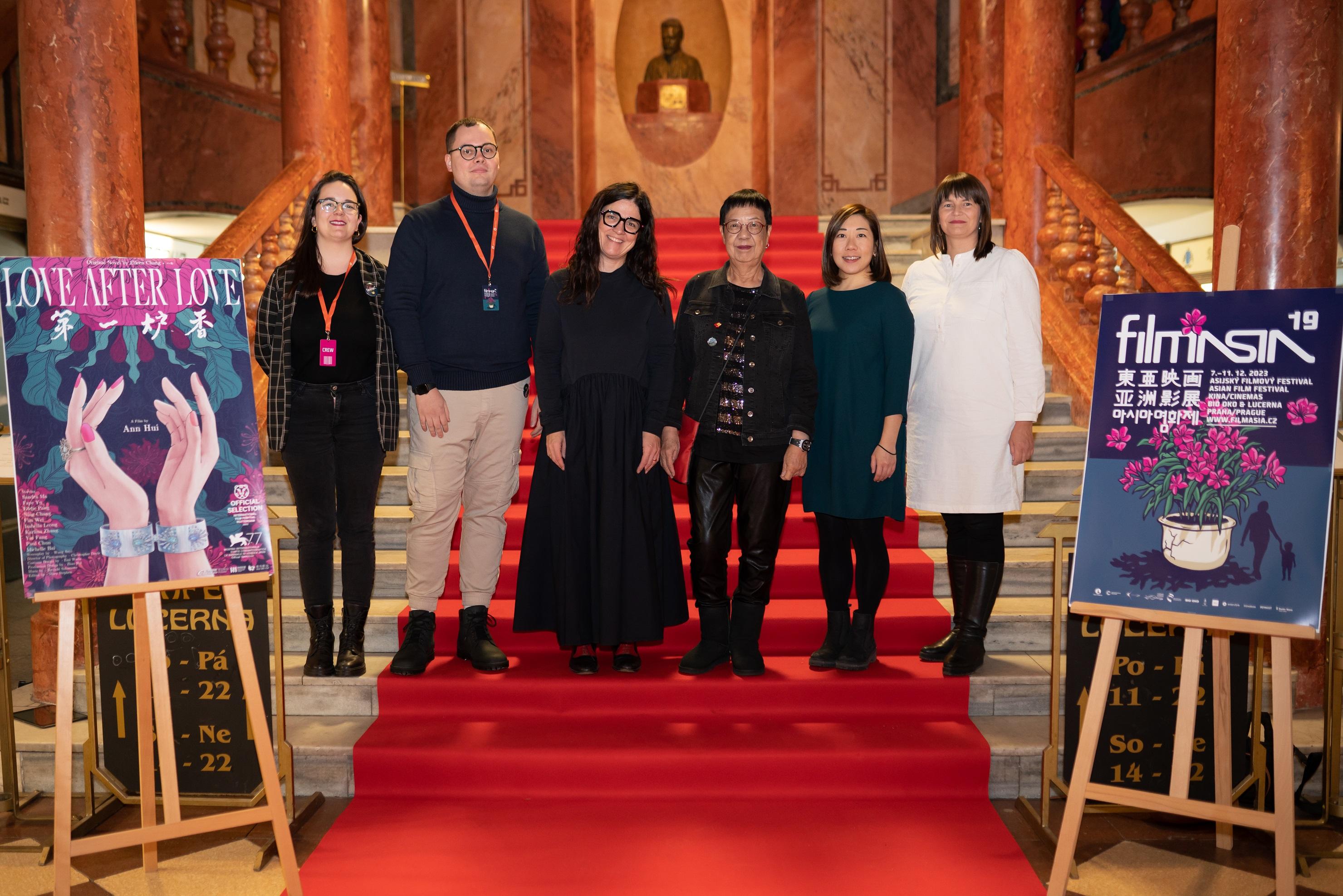CHP investigates cases of severe paediatric COVID-19 and influenza A infection
The Centre for Health Protection (CHP) of the Department of Health is today (December 9) investigating a case of severe paediatric COVID-19 and a case of severe paediatric influenza A infection, and reminded the community to heighten vigilance against respiratory tract infection in winter. The CHP stressed that vaccination can effectively prevent serious COVID-19 and influenza cases, high-risk individuals (including pregnant women) should get vaccinated as soon as possible. Persons who are symptomatic, even if having mild symptoms, should wear a surgical mask and seek medical advice promptly with a view to lowering the risk of high-risk persons being infected. Strict personal, hand and environmental hygiene should also be observed at all times.
The COVID-19 severe case involves an 8-month-old girl with good past health. She developed fever, poor appetite, cough and runny nose on December 5, and tested positive for COVID-19 by rapid antigen test (RAT). She developed difficulty in breath and was brought to the Accident and Emergency Department (AED) of Kwong Wah Hospital on December 7. She was admitted on the same day and was later arranged to be admitted to the paediatric intensive care unit of the hospital due to worsening symptoms. Her nasopharyngeal swab was positive for COVID-19 virus upon laboratory testing. The clinical diagnosis was bronchiolitis. She is now in serious condition and is still being hospitalised.
Initial enquiries by the CHP revealed that the patient had no travel history during the incubation period and had not received COVID-19 vaccine. The mother of the baby girl has received the initial doses of COVID-19 vaccine prior to the pregnancy.
The CHP said that COVID-19 vaccines are highly effective in preventing severe cases and deaths from the SARS-CoV-2 virus. They can provide effective protection to those vaccinated in preventing serious complications and even death after infection. Members of the public are advised to take note of the latest recommendations on the use of COVID-19 vaccines in Hong Kong, while high-risk priority groups (including pregnant women) are recommended to receive a dose of COVID-19 vaccine at least six months since the last dose or infection, regardless of the number of doses received previously. High risk people who have never been vaccinated or infected with COVID-19 before should adopt additional hygiene measures to protect themselves. Some studies have shown that antibodies generated after vaccination in pregnant women can be passed to the foetus through the umbilical cord. Pregnant women should receive COVID-19 vaccines during pregnancy at appropriate times for protection of themselves and the foetus. As the antibodies of infants obtained from mother will decrease over time, the CHP also reminded parents to arrange COVID-19 vaccination for their babies aged six months or above in order to reduce the risk of severe cases and fatalities. For more information on the COVID-19 Vaccination Programme and the latest recommendation on the use of vaccines, please visit the CHP’s website at www.chp.gov.hk/en/features/106934.html.
The influenza A infection severe case involves a 7-year-old boy with good past health. He developed fever, chills, malaise, myalgia, runny nose, sore throat and cough with sputum on December 2. He sought medical attention at a private doctor on December 4 and yesterday (December 8) respectively and was referred to the AED of Tuen Mun Hospital due to shortness of breath and was admitted to the paediatric intensive care unit for treatment yesterday. His nasopharyngeal swab specimen was positive for influenza A (H3) virus upon laboratory testing. The clinical diagnosis was influenza A infection complicated pneumonia. He is now in serious condition and is still being hospitalised.
Initial enquiries by the CHP revealed that the patient had not received seasonal influenza vaccination (SIV) for this season and had no travel history during the incubation period. His home contacts are currently asymptomatic.
Moreover, influenza can cause serious illnesses in high-risk individuals and even healthy persons. SIV is one of the most effective means to prevent seasonal influenza and its complications, as well as reducing influenza-related hospitalisation and death. SIV is recommended for all persons aged 6 months or above except those with known contraindications. Persons at higher risk of getting influenza and its complications, including the elderly and children, should receive SIV early. As it takes about two weeks to develop antibodies, members of the public are advised to receive SIV early for protection against seasonal influenza. The 2023/24 seasonal influenza vaccination programmes have started. Please see details of the vaccination schemes on the CHP’s website.
A spokesman for the CHP said that although the current surveillance data revealed no uprising trend of local seasonal influenza and COVID-19 overall activity at the moment, influenza viruses and the SARS-CoV-2 virus may become more active in winter and spread at the same time. A person who gets COVID-19 and influenza at the same time may be more seriously ill and would have a higher risk of death. Getting COVID-19 and influenza vaccination is of vital importance. Members of the public who have not completed COVID-19 vaccination and SIV, particularly children, the elderly and chronic disease patients, should receive vaccination as early as possible for personal protection. Details of receiving both COVID-19 vaccination and SIV are available at website: www.chp.gov.hk/en/features/106096.html.
In order to prevent infection of COVID-19, influenza and other respiratory illnesses as well as the transmission in the community, the public should maintain strict personal and environmental at all times and note the following:
- Surgical masks can prevent transmission of respiratory viruses from ill persons. It is essential for persons who are symptomatic (even if having mild symptoms) to wear a surgical mask;
- For high-risk persons (e.g. persons with underlying medical conditions or persons who are immunocompromised), wear a surgical mask when taking public transport or staying in crowded places. It is important to wear a mask properly, including performing hand hygiene before wearing and after removing a mask;
- Avoid touching one’s eyes, mouth and nose;
- Wash hands with liquid soap and water properly whenever possibly contaminated;
- When hands are not visibly soiled, clean them with 70 to 80 per cent alcohol-based handrub;
- Cover the mouth and nose with tissue paper when sneezing or coughing. Dispose of soiled tissue paper properly into a lidded rubbish bin, and wash hands thoroughly afterwards;
- Maintain good indoor ventilation;
- When having respiratory symptoms, wear a surgical mask, refrain from work or attending classes at school, avoid going to crowded places and seek medical advice promptly; and
- Maintain a balanced diet, perform physical activity regularly, take adequate rest, do not smoke and avoid overstress.
​​The public may visit the thematic website of COVID-19, the CHP’s influenza page and weekly COVID-19 & Flu Express for more information. read more



